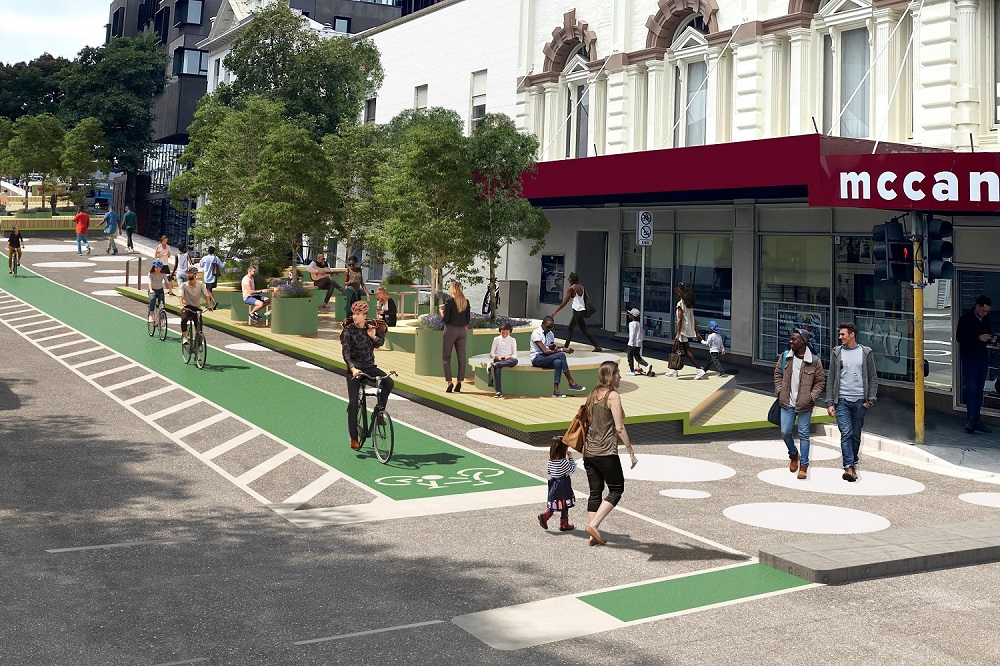
Melville Street presently is under the spotlight as a Development Application is being considered to close a portion of it down, removing car parks and road access. This blog is mostly to explain why a number of small businesses are upset about the implications.
Reducing customer access means less sales
The area is just outside the main Central Business District and businesses choose an area like this as they intend to attract customers from all neighbouring suburbs as it is considered CENTRAL. When you think about it, Hobart is in the middle of a cluster of council areas that contain the most people.
In most instances travel to a business in Hobart will generally mean traveling through only one other council area. This in turn means access by car and bus are going to the be leading way in which customers make it to a large number of businesses. Given public transport requires a large investment of time due to lack of services, car access is vital.
The Melville street development will reduce another 20 or so car parks from the area it will strongly impact. In recent months when the parklets in Elizabeth Street were installed, the loss of trade was noticeable. So too was accessibility for the businesses employees who also found themselves struggling to find parking.
Small businesses are not easily portable
There has been a lot of talk about how “if it doesn’t suit the small business they should just move” Let me explain the reality of this. The vast majority of small businesses will contract to their landlords for a lease which will often be a minimum of 3 to 5 years. Commercial leases are quite different to residential leases – the business will generally find themselves paying the rates, water rates and land tax as well.
These are known as outgoings. If you want to leave you still have to pay all the rent and outgoings until the day the contract expires which could be years. Remember too that commercial leases can be easily anything from $20,000 to $70,000 a year if not more. The reason why businesses like a long lease is they like stability. They are investing a lot of money in setting up their business so keeping their position constant is important.
In the event of the area itself becoming nonviable due to lack of customer access – the small business owner has 2 hard choices. a) to withstand the lack of customers and somehow make do by cutting wages and working out how to adapt knowing that their reduced income may slowly send them insolvent or b) up and leave, paying out the remainder of the lease. This too carries a risk of insolvency as they still need to have an income to pay it out.
Its post COVID lock down
The resilience of small businesses is very reduced right now. Lock downs, difficulty obtaining products due to freight issues, and the fact that most have had their financial reserves already drained means that the ability to pivot and adapt is significantly reduced.
In a nutshell, reducing customer access doesn’t just hurt the business owner, it also risks jobs and availability of products and services you have all come to enjoy.
Small business contribute a great deal to a capital city. Without them you will be stuck with large franchises and ‘big box’ delivery of goods and services. It’s not a good vision for the sake of a bit of astro-turf and a few trees in tubs.

